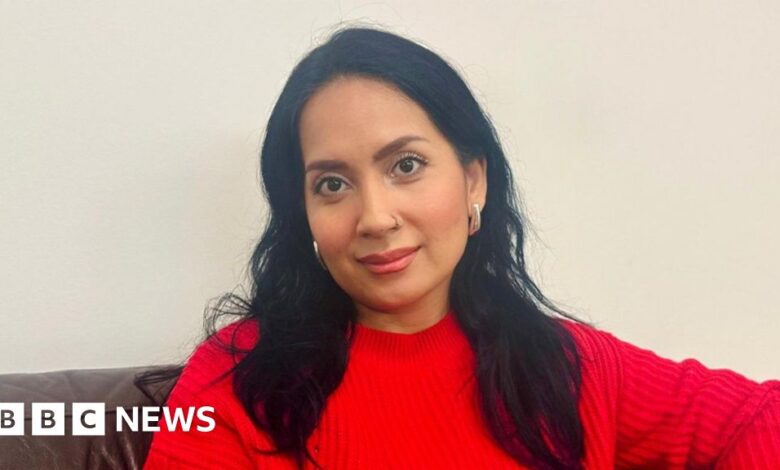‘Hysterical’: The women calling out doctors’ gaslighting

[ad_1]
The problem is not that “all healthcare professionals have some set agenda against women”, Ms Kearny says.
Rather it’s that bias is woven into the fabric of modern medicine because for centuries it was “delivered by and designed for” men.
Women’s health – by contrast – was often rooted in myth and pernicious gender stereotypes.
“Hysteria”, a now-defunct medical term, was a catch-all diagnosis for females presenting with an array of symptoms, meaning their pain was attributed to emotional causes, rather than biological ones.
But today, some women say they continue to feel gaslit – disbelieved and patronised – in medical settings.
And a lack of diversity in medical research compounds the issue.
More than 70% of participants in early-stage clinical trials globally are still white men, while male cells and animals are used as standard in the lab, according to Professor Robyn Norton, a public health expert.
The results are then applied to women, intersex, trans and gender-diverse people, causing issues when it comes to their treatment, diagnosis and how their symptoms are understood, Prof Norton says.
She describes it as a “one-size-fits-all, male-centric” approach to healthcare that has created huge knowledge gaps.
One analysis carried out in 2019 by the Novo Nordisk Foundation Center for Protein Research – which used data from the entire Danish population – found that, across 770 diseases they studied, women were diagnosed later than men, with an average lag time of four years.
In Australia, research from the University of Sydney in 2018 found that females admitted to hospital for serious heart attack were half as likely as men to get proper treatment and that they died at twice the rate six months after discharge.
Scientists have warned that another roadblock is the chronic underinvestment in women-specific health issues.
Endometriosis is pointed to as a key example. Despite impacting roughly 10% of reproductive-age women and girls globally, there is no cure, and it takes seven years on average for patients to be diagnosed.
One recent study found that 89% of Australian women were still being advised by health professionals that pregnancy would fix their symptoms – despite growing evidence it’s a medical fallacy.
Such disparities are being recognised and investigated globally, experts say – with countries comparing notes on what might be the best approach.
The UK, for one, recently announced measures aimed at closing the “gender health gap” in its system. And in the US, the federal government has launched an initiative to improve funding and research into women’s health, led by First Lady Jill Biden.
[ad_2]
Source link




